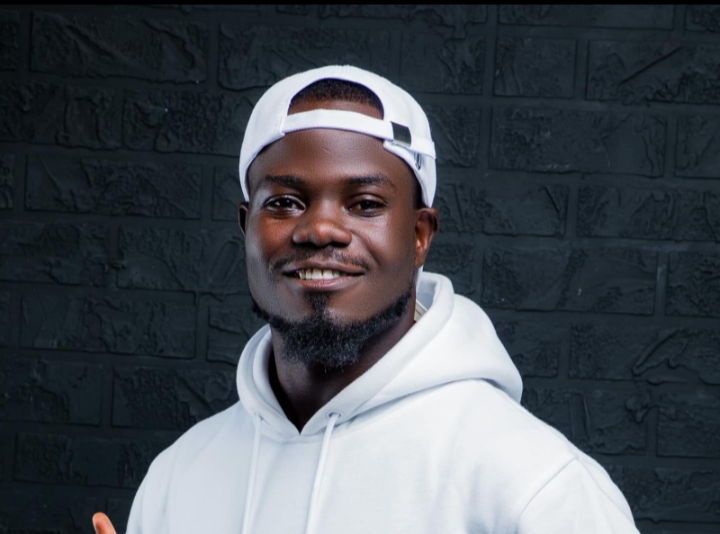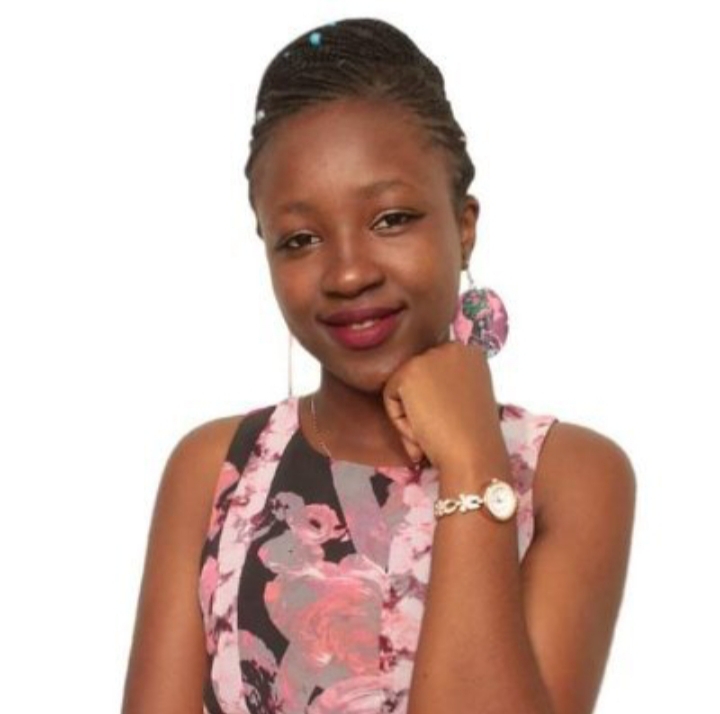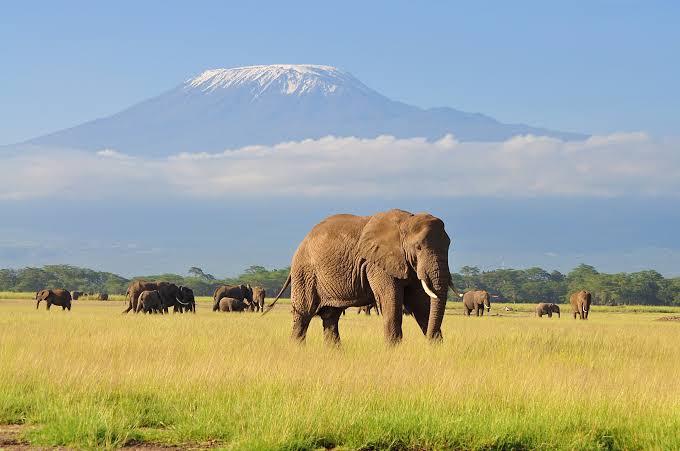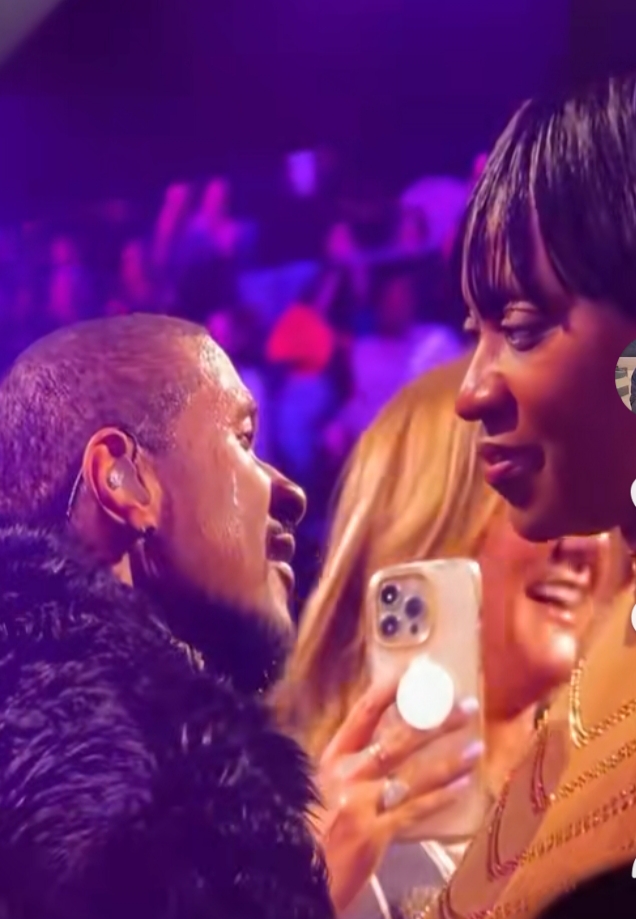Diana Yegon’s short, slang shot across social feeds felt like a reality check. She wrote, “Guys aki woiye, sipendi vile munaongelea Mulamwah. He is my brother and I know he is a good person. Apart from the loose nuts once in a while, I know him. Ni msee fity sana.” Those words landed in the middle of a larger online conversation about Mulamwah, his public spats, and the way Kenyan audiences treat high profile creators. The reaction split quickly between supporters who defended her loyalty and critics who said public figures must be held to higher standards.

Who is saying what and why it matters. Diana Yegon is a recognised journalist and content creator in Nairobi. She works in digital and broadcast spaces and has built a public profile as a presenter and media professional. Her social channels and professional profiles show a mix of reporting, lifestyle content and brand work, which explains why her opinion carries weight with a wide audience.
Mulamwah is a household name in Kenyan comedy and online entertainment. He has built an audience through skits and live shows, and he also attracts controversy, from relationship fallouts to heated online spats. Recent months have seen him in the middle of a public feud and accusations related to leaked private material, stories that circulated widely on entertainment platforms. The combination of fame and friction means any defence of him becomes part of a larger debate about accountability, context and online behaviour.
Reading Diana’s words in context helps decode the tone. Her opening phrase, in Sheng and casual Swahili, signals intimacy: “Guys aki woiye” reads as an attempt to take the edge off the conversation and address her followers like peers. Saying “He is my brother and I know he is a good person” explicitly reframes the issue from scandal to character testimony, and the candid “apart from the loose nuts once in a while” injects human nuance rather than a blanket denial. That mix of defence and candid critique is what made the post feel authentic to many of her followers.
Why loyal friends speak up. Public personalities often get defended by people in their circle for three reasons: personal knowledge, the wish to correct one sided narratives, and the instinct to protect someone from what friends see as mob behaviour. Diana’s intervention fits that pattern. She is not attempting to erase allegations, instead she is positioning her testimony as additional data: “I know him personally, I see the whole person.” That kind of testimony does not always sway critics, but it does shift the frame from anonymous outrage to lived experience.
Netizen reaction shows the polarised media moment. Some praised Diana for loyalty and called the post a breath of sanity in a stream of quick condemnations. Others argued that close friends stepping in can chill accountability and create echo chambers where bad behaviour is overlooked. The conversation quickly spread to comment threads and entertainment pages, with each side amplifying examples that supported their view. The pattern is familiar: celebrity controversies rarely resolve quickly because social media rewards strong, binary narratives.
How public figures can respond responsibly. Diana’s message offers a compact model for friends who want to speak up: be honest, name the relationship, balance defence with critique, and avoid erasing alleged harm. That third clause in her message — the wry acknowledgment that Mulamwah can slip up — is vital. It shows she is not offering an unconditional pass, but rather a humanised portrait that allows for fault without collapsing a person into their worst moments.
A practical lens for audiences. If you follow Kenyan entertainment news, the right move is to treat friend testimonies as part of the evidence mix, not as replacements for investigation or restraint. Readers of celebrity scandal should ask three questions: what is verified, what is claimed, and who is speaking with direct knowledge. Diana’s public standing and proximity give her words weight, but they do not automatically negate other claims. Media outlets and consumers alike benefit when they track verified reporting alongside first person testimony. That practice protects both truth and due process.
What this means for Mulamwah and Diana. For Mulamwah, the support helps counterbalance negative headlines and reminds fans that his social life includes defenders who know him beyond clips and memes. For Diana, the post positions her as someone willing to stand publicly for people she cares about, even when it is inconvenient. That choice can bring respect from some corners and criticism from others. Either way, it deepens her public persona from presenter to active participant in pop cultural debates, which changes how audiences interpret subsequent posts she makes.
A final note on social media ethics. The easiest path in viral moments is to amplify outrage. The harder path is to gather context, listen to close voices, and hold both empathy and accountability in tension. Diana’s line was part defence and part honesty, it is the kind of intervention that invites people to treat one another as complex. That does not preclude firm consequences where they are warranted, but it does suggest that communities should build norms that let both truth and compassion coexist.
Sources: Diana Yegon Public profiles and work.




Comments (0)